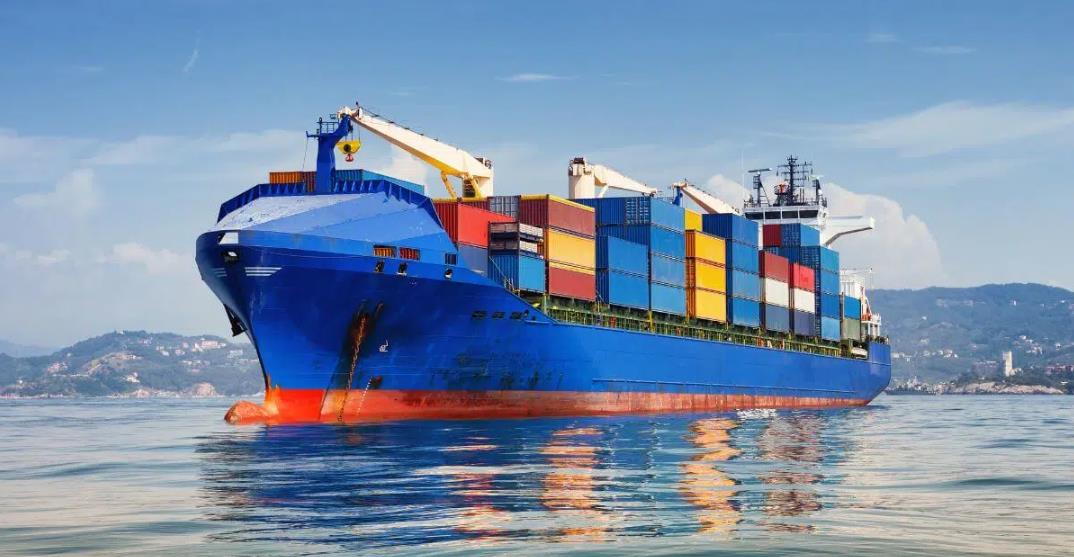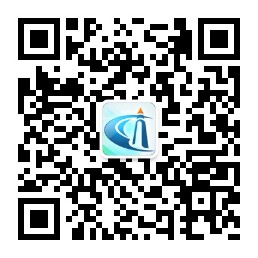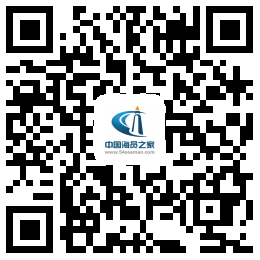马士基Mc-Kinney Møller零碳航运中心(MMMCZCS)最近的一项研究发现,58.6%的受访者会考虑在氨动力船舶上航行或工作。
这包括59%的海员和57%的岸上人员。
尽管如此乐观,研究发现严重的安全问题必须解决。许多应答者强调需要进行全面的氨培训,重点是其毒性和环境影响。
他们要求应急响应程序、泄漏管理和风险分析。
对于那些考虑使用氨作为海上燃料的人来说,安全仍然是首要考虑的问题。虽然救援人员对氨的风险有一定的认识,但在处理和操作氨的技术方面存在知识空白。
这项研究强调了就这些议题和在更安全的技术和设计方面的发展改进交流和培训的重要性。
还有一些关于监管准备的问题。受访者质疑目前的法规是否足以保护海员免受与氨有关的风险。
有人建议在燃油系统设计中制定更严格的安全标准,以改进安全措施。
还讨论了财务影响。一些船员表示,需要为运营氨燃料船只增加的风险和复杂情况提供金钱补偿。
将氨用作海运燃料将需要对工作人员的培训和发展方面进行大量投资。虽然大多数海运界已准备好使用氨燃料,但必须克服某些障碍。
调查结果将为MMMCZCS正在进行的工作提供依据,特别是那些旨在修改《国际船舶使用气体或其他低闪点燃料安全规则》(IGF规则)下的培训要求的工作。
这项调查旨在收集受转用氨作为海洋燃料影响最大的个人的想法和恐惧。
这些发现将有助于确定未来的培训内容,改进船舶设计,并制定安全的氨燃料补给和港口装卸要求。
英文原文
A recent study by the Maersk Mc-Kinney Møller Center for Zero Carbon Shipping (MMMCZCS) found that 58.6% of the respondents would consider sailing or working on ammonia-powered ships.
This includes 59% of seafarers and 57% of ashore personnel.
Despite this optimism, the study found serious safety problems that must be addressed. Many responders highlighted the need for comprehensive ammonia training, focusing on its toxicity and environmental impact.
They demanded emergency response processes, leakage management, and risk analysis.
Safety remains a top priority for those considering using ammonia as a maritime fuel. While responders had a fair awareness of ammonia risks, there were knowledge gaps regarding the technical aspects of handling and operating with ammonia.
The study emphasized the importance of improved communication and training on these topics and developments in safer technology and design.
There were questions regarding regulatory readiness. Respondents questioned whether current regulations were enough to protect sailors from ammonia-related risks.
There were suggestions for stricter safety standards in fuel system design to improve safety measures.
Financial impacts were also discussed. Several sailors expressed the need for monetary compensation for the increased risks and complications of operating ammonia-fueled vessels.
Implementing ammonia as a maritime fuel will necessitate large investments in staff training and development. While the majority of the maritime community is ready to use ammonia fuel, certain obstacles must be overcome.
The survey results will inform the MMMCZCS’s ongoing efforts, particularly those aimed at modifying training requirements under the International Code of Safety for Ships Using Gases or Other Low-flashpoint Fuels (IGF Code).
The survey aimed to gather the thoughts and fears of individuals most affected by the shift to ammonia as a maritime fuel.
The findings will help shape future training content, improve ship designs, and develop safe bunkering and in-port handling requirements for ammonia.
免责申明:本文根据Zero Carbon Shipping等内容整理,如有误差,以英文为准;仅代表作者观点,不代表中国海员之家立场。其真实性及原创性未能得到中国海员之家证实,在此感谢原作者的辛苦创作,如转载涉及版权等问题,请作者与我们联系,我们将在第一时间处理,谢谢!联系邮箱:cnisu@54seaman.com


 联系我们人工客服
联系我们人工客服



















 :1391995811
:1391995811


评论 (0人参与)